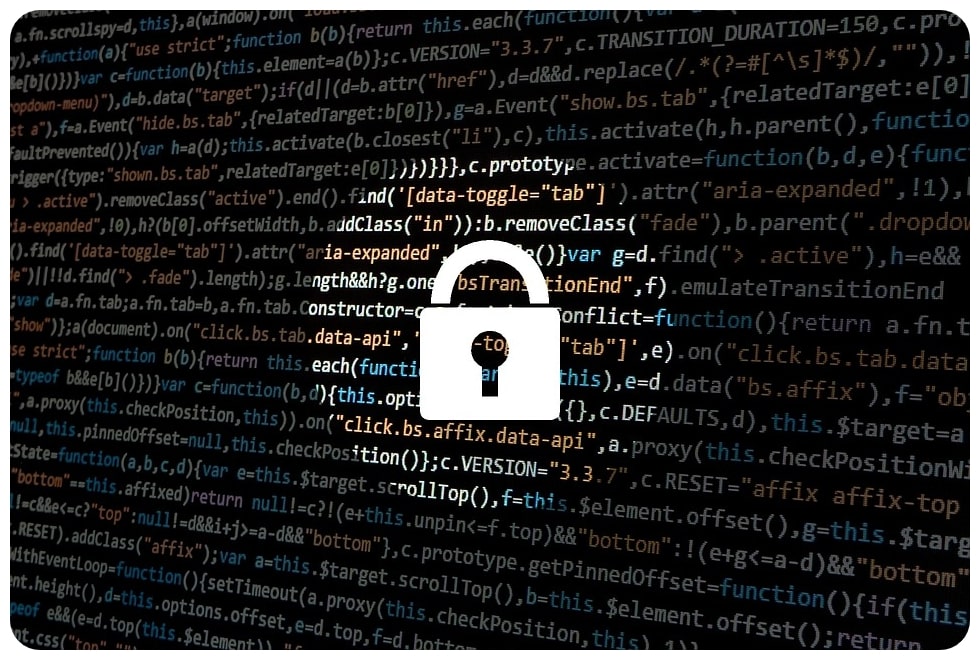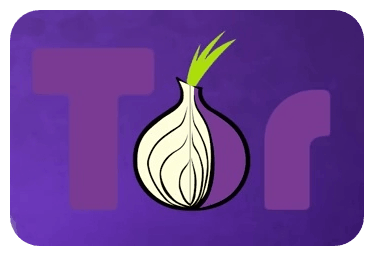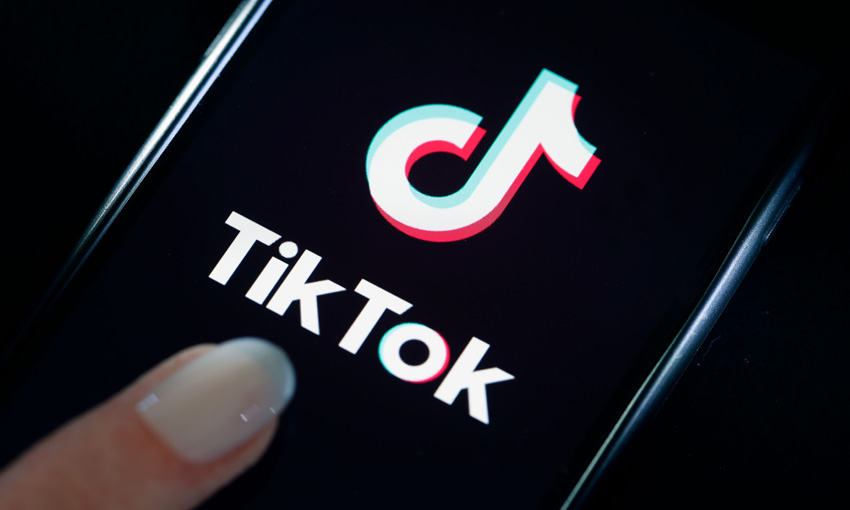Disclosure: Privacy Australia is community-supported. We may earn a commission when you buy a VPN through one of our links. Learn more.
What is the Dark Web

You’ve probably heard the term ‘Dark Web’ quite often, and that’s probably because of its seedy reputation.
It’s well known for black market deals, illicit pornography, and just basically being the underbelly of the internet world.
The truth is though, that the dark web is much more than just a place where criminals hang out. In fact, it can offer a lot of things to a variety of people.
For example, the dark web is a place where political dissidents can go where they aren’t easily monitored by the government. Or it can be a place where people to access websites that are otherwise blocked by their government.
Heck, even Facebook has a version of its site on the dark web for those who can’t access it where they live (think China).
What Does the Dark Web Do?

So how does the dark web managed to get away with being hidden for so long? Well, it essentially functions as it’s own sort of private internet network.
The whole network itself is encrypted and anonymized, and you need special software to actually be able to get on it.
This ability for the dark web to anonymize itself is incredibly useful, not only for the above-mentioned points but also because it can offer a place for people to meet without revealing their identities.
In fact, many news outlets may have a dark web email (yep, exactly like a regular one), where sources can contact them safely.
Of course, all of this is not to say that the dark web doesn’t also have its fair share of problems. The anonymity of the dark web means that it really can function as a black market of pretty much anything you want.
You can find things like illegal weaponry, illicit pornography, recreational and medicinal drugs, banned books or other forms of media, and even stolen credit card or account information.
You could even go so far as to hire assassins, which may very sound a little bit like insane fiction, but the dark web is sort of the best place for that kind of thing. If that’s too risque, you can also hire hackers or even hacking tools, and guides to do it yourself.
So really, the dark web is the wild west of the internet: Anything goes.
Deep Web vs Dark Web

One thing to keep in mind is the term ‘Deep Web’ and that it is in fact different than the dark web.
The deep web is essentially the less-traveled but open yet dangerous seas of the internet.
This is where the content that lives inside a variety of different websites is found, and it’s ‘deep’ because search engines like google only really access the surface of the web.
They do this through publicly accessible links.
Deep web on the other hand might be something like your company’s intraweb, the catalog of a library, even the content of your social media accounts. Essentially, anything that isn’t easily or directly findable through a search engine is considered the deep web.
It’s usually not hidden, it’s just hard to find.
Contrast that with the dark web, which essentially the Mariana trench of the internet: Dark, scary, and hard to reach.
Is it Illegal to Access the Dark Web?
At face value, no not really. It’s only illegal to do the illegal things on there, like buy guns, weapons, or illicit pornography. Actually browsing the dark web itself is not illegal at all, unless your country has a specific law against it.
Keep in mind that this is not legal advice, so best to check the laws in your country before accessing it.
That being said, it is essentially the same as driving on a street with vendors who sell pirated products. Driving on the street is not illegal, but buying products or services from these vendors is.
As such, there should hopefully be no law in your country that should make it illegal to access the dark web.
How to Access the Dark Web
Before getting started, we have to warn you that accessing the dark web can be pretty dangerous. A lot of the safety rails that exist in the clear web don’t exist on the dark web, which is sort of the point of the dark web.
As such, if you aren’t careful or know what you are doing, you could potentially open yourself up to malware, hackers, or just getting into general mischief.
So just as a quick tip: Don’t download anything you find on the dark web, and if you do, make sure you run it a few times through anti-virus and anti-malware applications before opening it.
Also, even though a lot of the dark web networks function as a sort of VPN, we suggest you get yourself one before checking the dark web out.
Tor Browser

Probably the most popular way to access the dark web is through the Tor browser. Tor stands for “onion routing project” and essentially functions as the dark web highway that keeps users somewhat anonymous.
It basically functions as a set of semi-hidden nodes with entries and exits to the surface web, sort of like on and off-ramps.
To gain access, you need to download the Tor Browser. It’s actually relatively simple to use by just clicking on the application. Just keep in mind that it doesn’t really function as a secure browser, but more as an anonymizing one.
There’s actually no real way to search websites since there aren’t really any search engines that index links on the Tor network. That being said there is a clear-web website “The Hidden Wiki” which does index many links.
Again, be warned, some of those links may contain illegal and dangerous things, so be careful.
I2P

Interestingly enough, I2P is a completely different hidden network to Tor, and they aren’t cross accessible. Similarly, unlike Tor, which based on Firefox, you cannot use I2P to access the clear web as you can with Tor. Also, I2P cannot access .onion sites either since they are separate websites.
So why does I2P exist if the Tor network already does the same job? Well, the I2P network is actually much faster due to the technical way that it’s set up. We won’t get into the exact technicalities of it, but it’s nearly as fast as if you were browsing the clear web.
Of course, that speed does come with some disadvantages, although not to privacy and encryption. Setting up I2P is a much more technical process that requires not only downloading, install and configuring the software.
It also requires configuring the applications you use to access the network, such as the browser.
This requirement for tech-savviness means that it isn’t as popular as Tor, and you won’t find the same amount of content, services, or products on I2P as you would on Tor.
Freenet

The final self-contained network is Freenet, and it’s a bit weird in that it doesn’t use servers to host content on. Instead, all the content is hosted on each person’s individual computer.
So essentially, the whole thing functions as a bit torrenting, peer-to-peer internet, which is weird.
As such, any content on there only exists if it’s popular and lots of people download it. If a person with a specific piece of content that nobody else has stops using Freenet, that content is no longer accessible unless they log back on.
Of course, the problem here is that this network is not only as technically as I2P to set up, but it is as slow or slower than Tor.
You are essentially downloading each page you visit individually as you browse, so often time you just have to click a link and hope there are enough people who have it for you to get it quick.
So why even use it then? Well, Freenet is essentially a bit of an experiment. It’s essentially designed as a foolproof way to avoid any kind of censorship as well as Denial of Service attacks.
As such, it does have a lot of value in terms of privacy and anonymity, but it’s pretty hard to use for most people.
Conclusion
The nature of the dark web is such that it does not function as a single network that individuals can easily access. Rather, it represents a concept and philosophy centered around anonymity and online privacy. It is this emphasis on anonymity and privacy that makes the dark web simultaneously intriguing and unsettling. The dark web’s existence embodies both positive and negative aspects, as it offers opportunities for enhanced privacy and anonymity, while also harboring potential risks and illicit activities.
Therefore, we again caution you to be safe if you access it, and at the very least even go with a free VPN. Also, make sure you check out any laws in relation to accessing the dark web before you go out and download Tor, I2P or Freenet.
You May Also Like:





